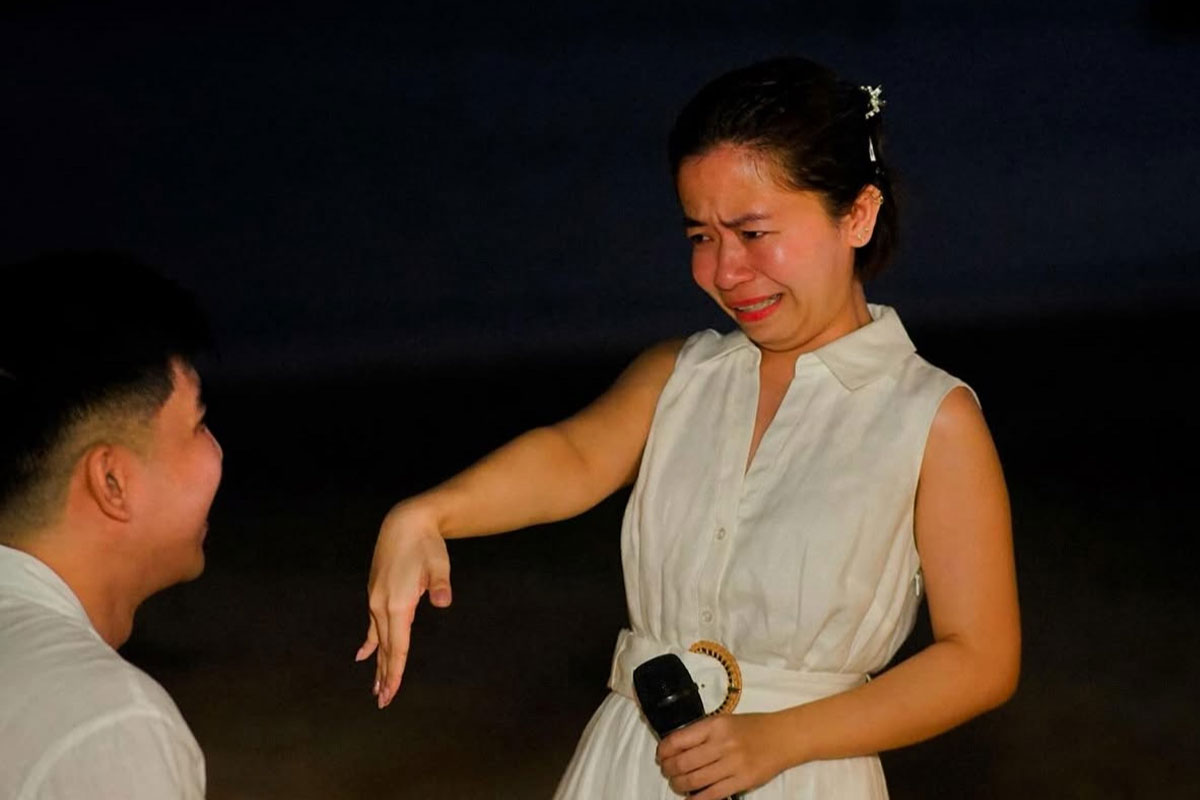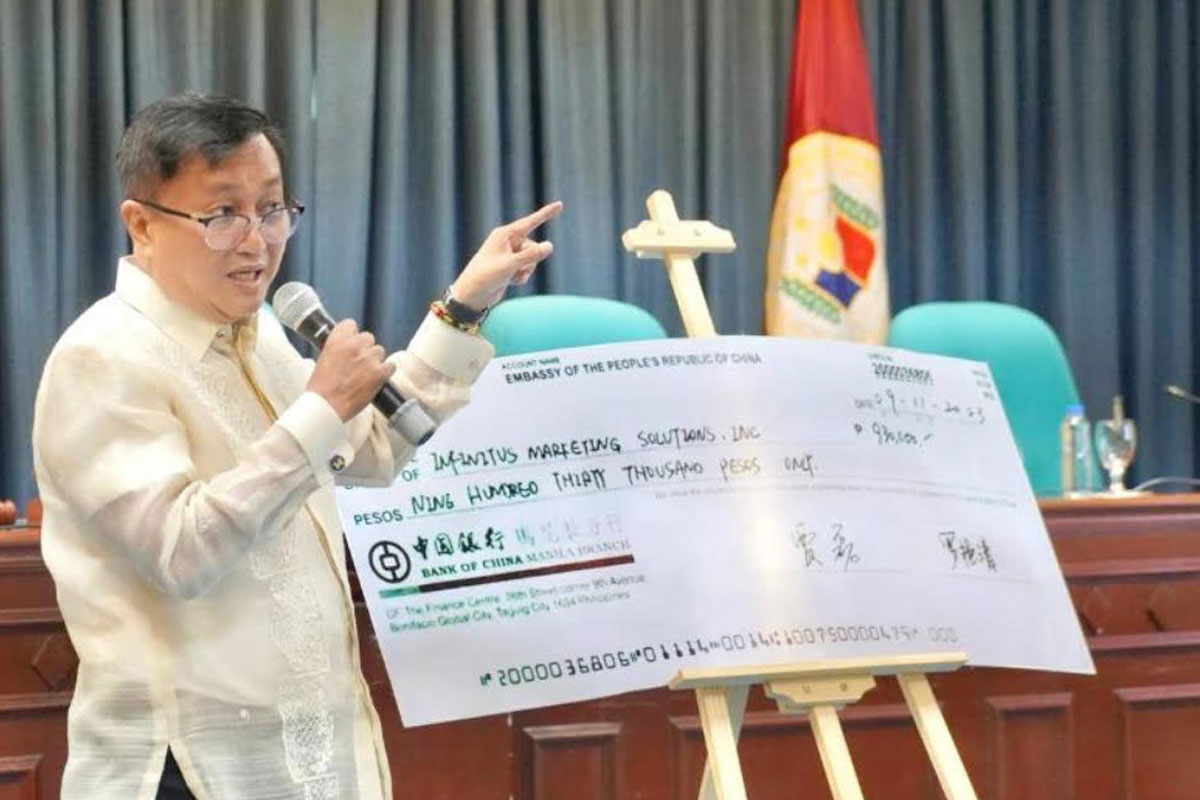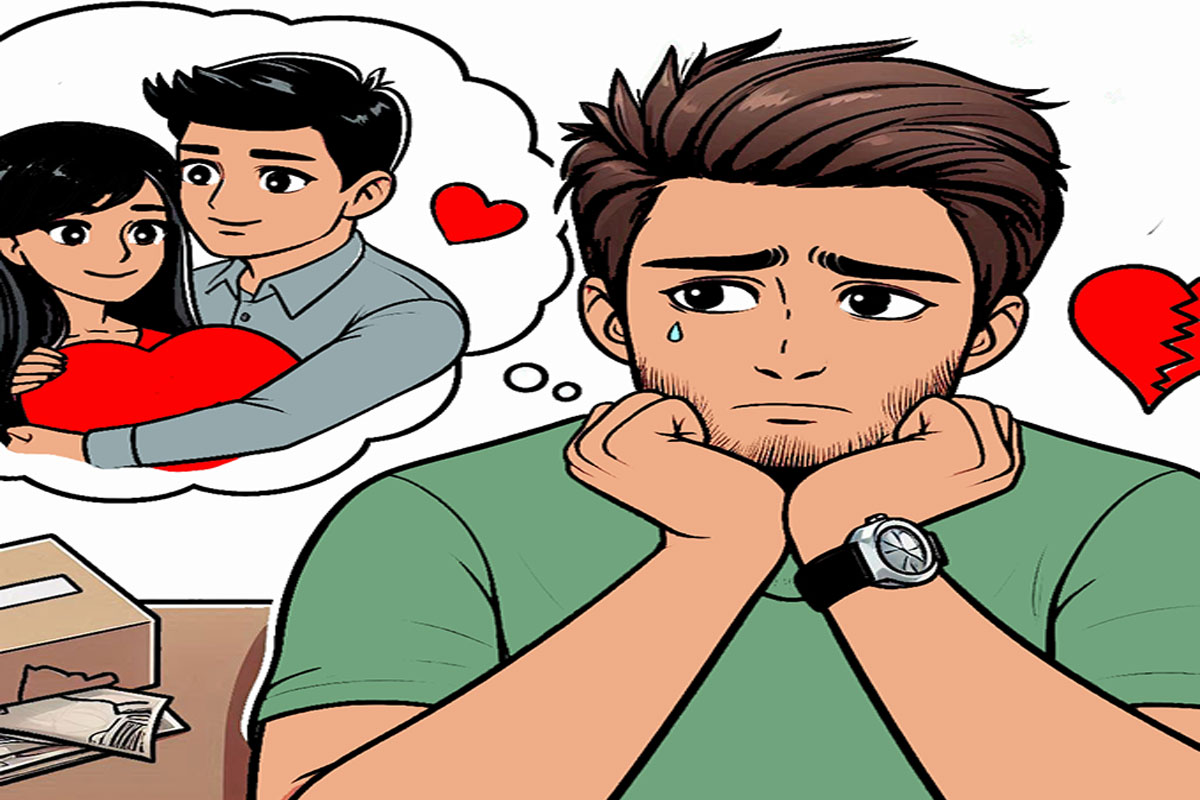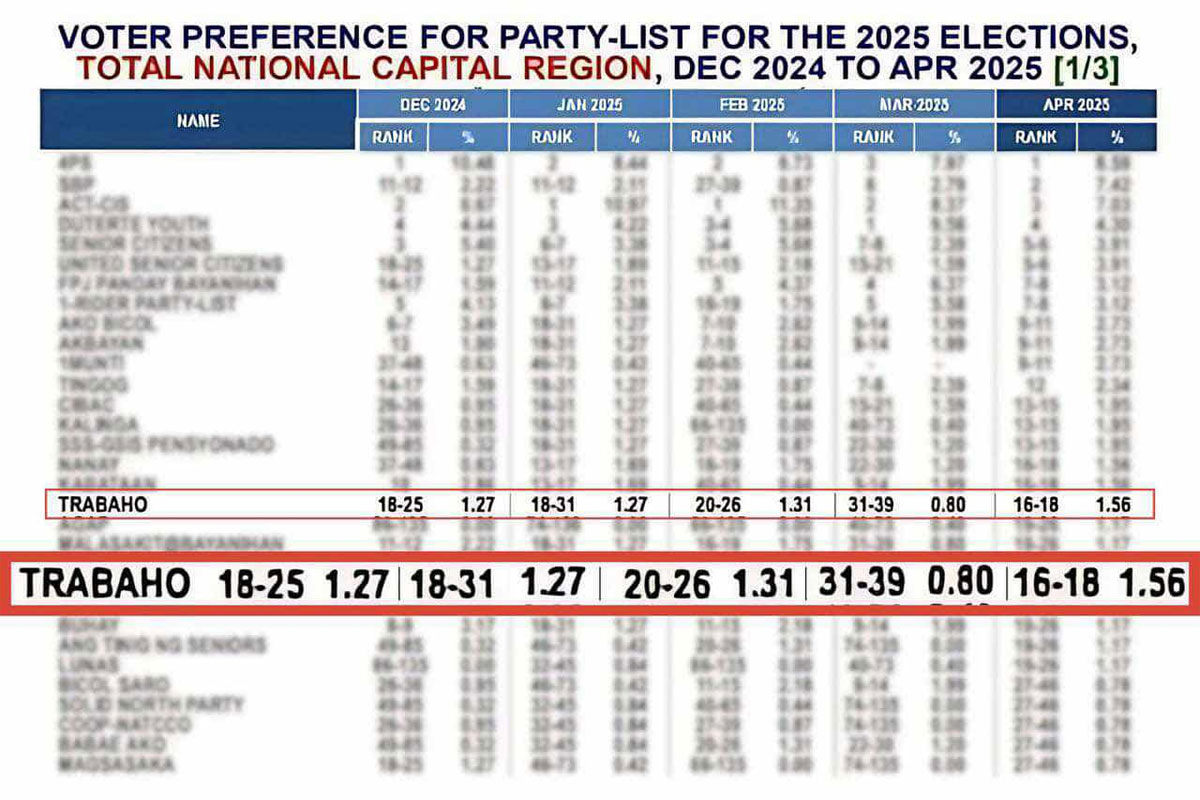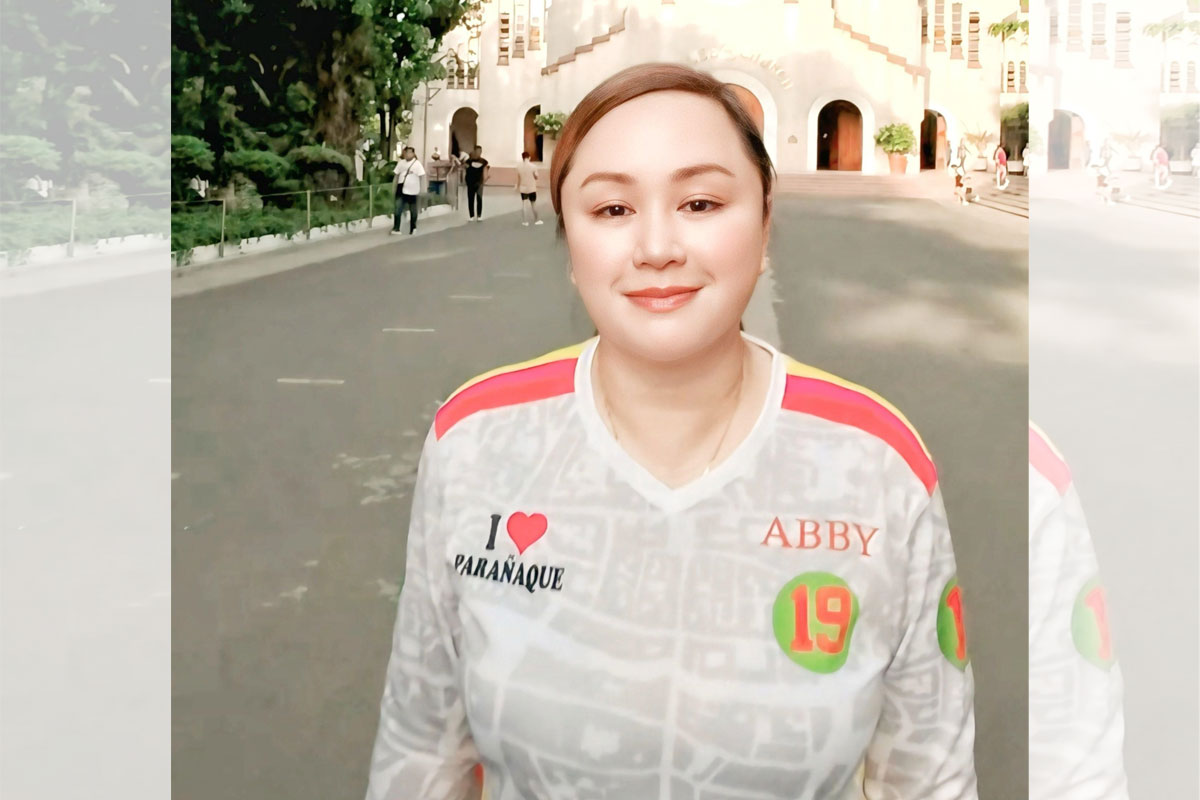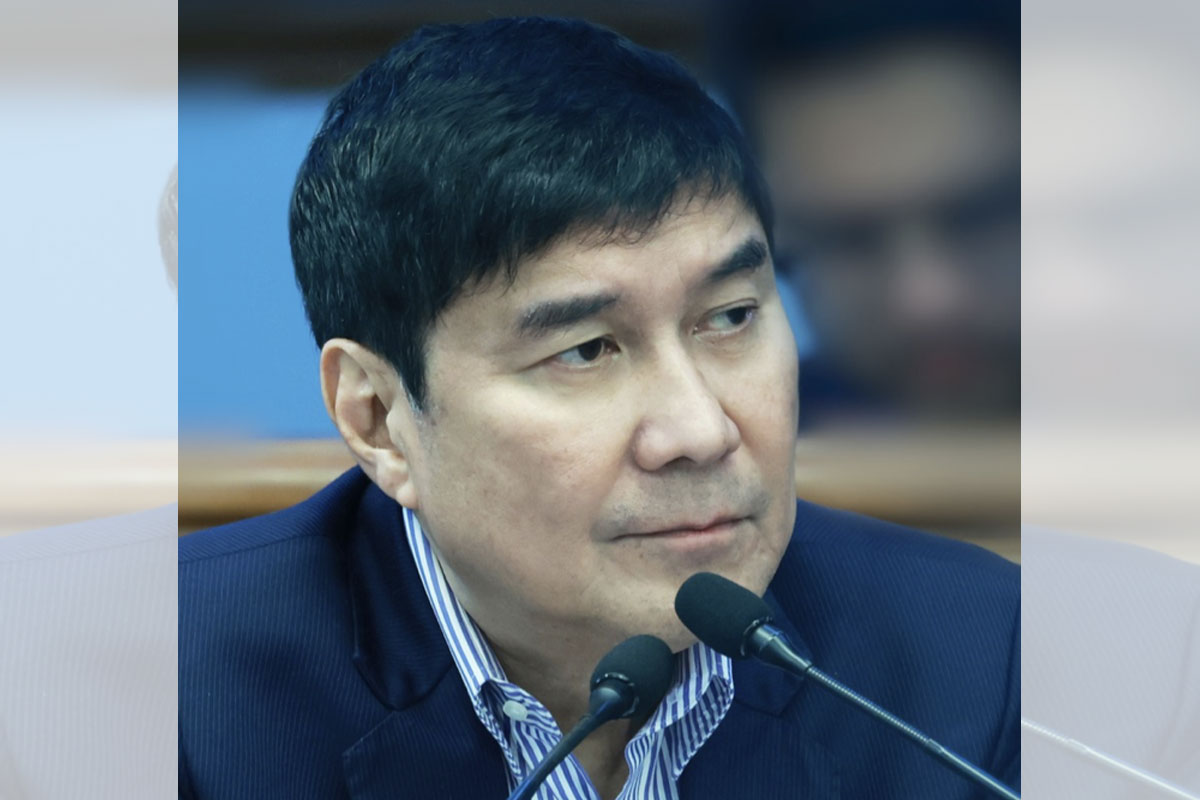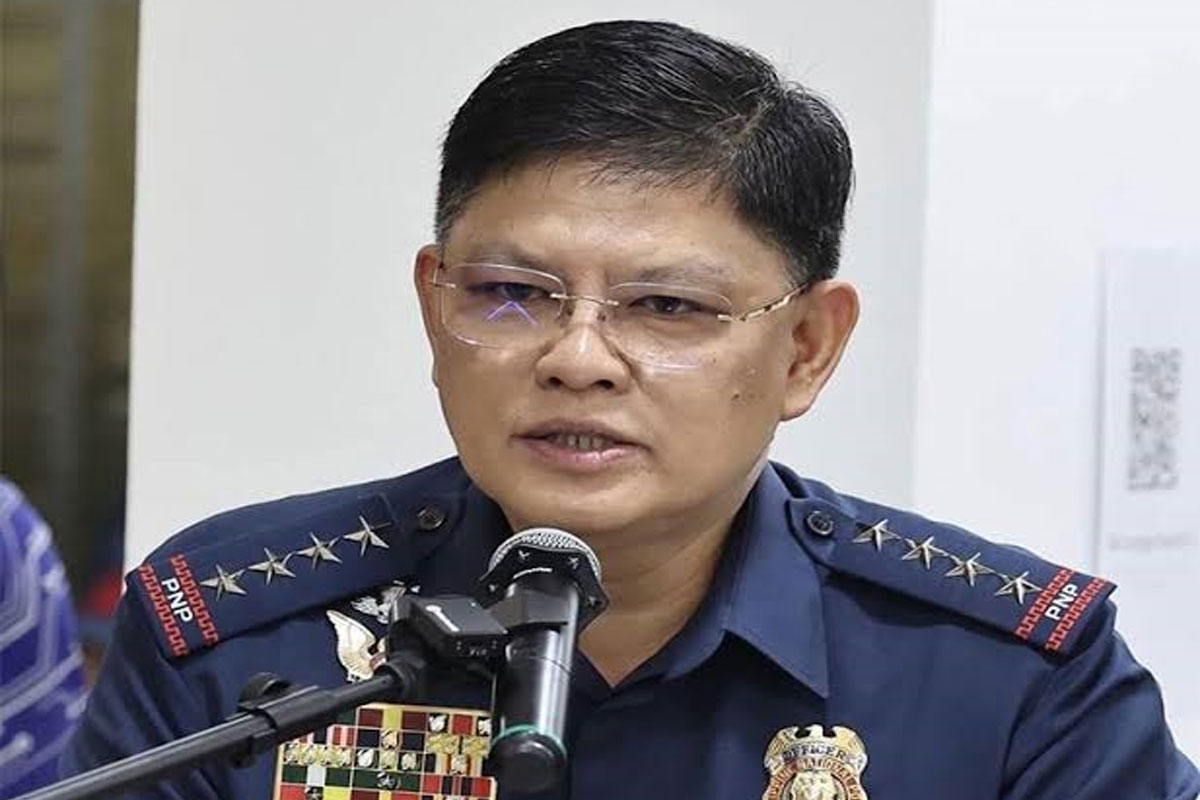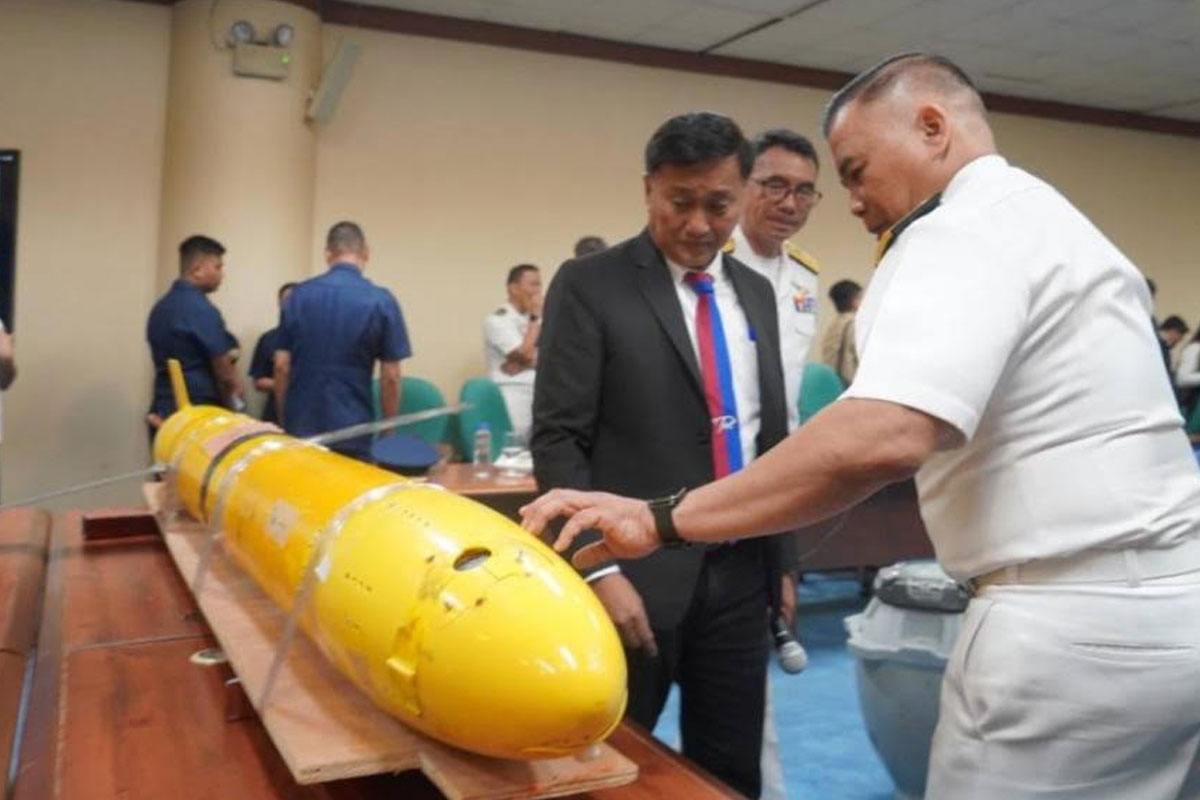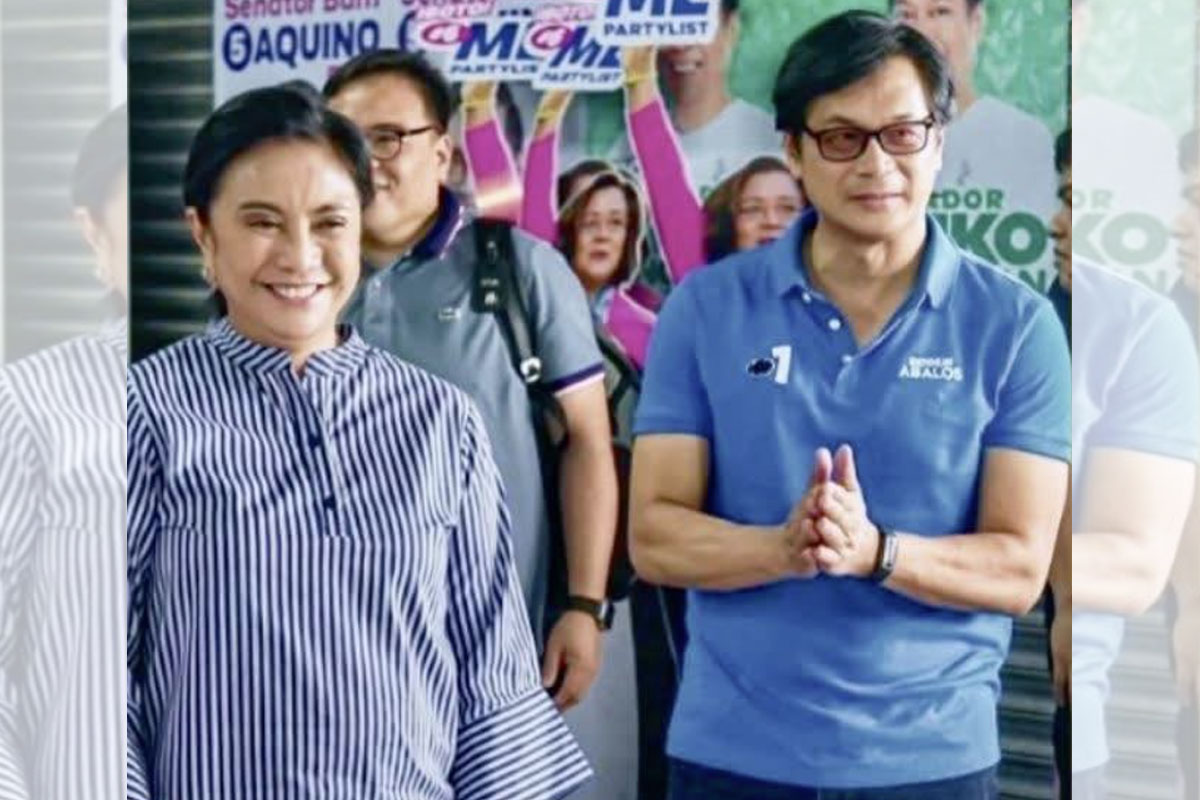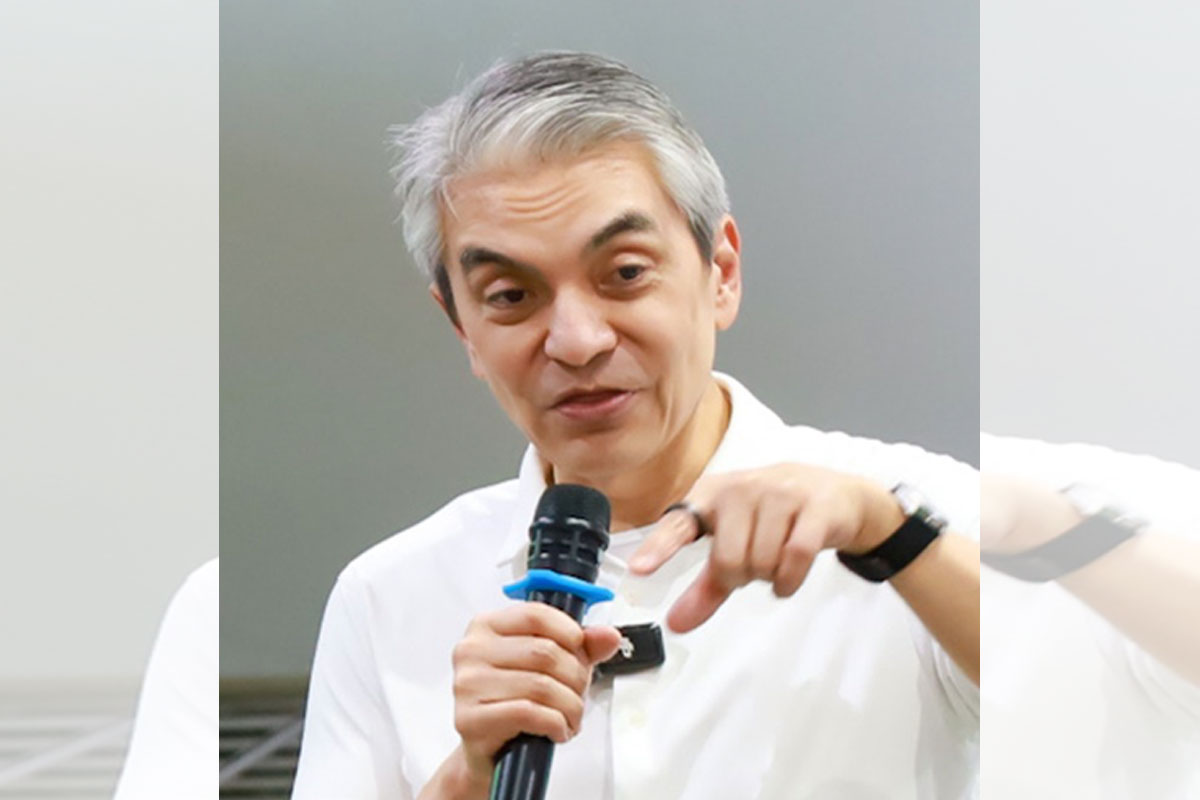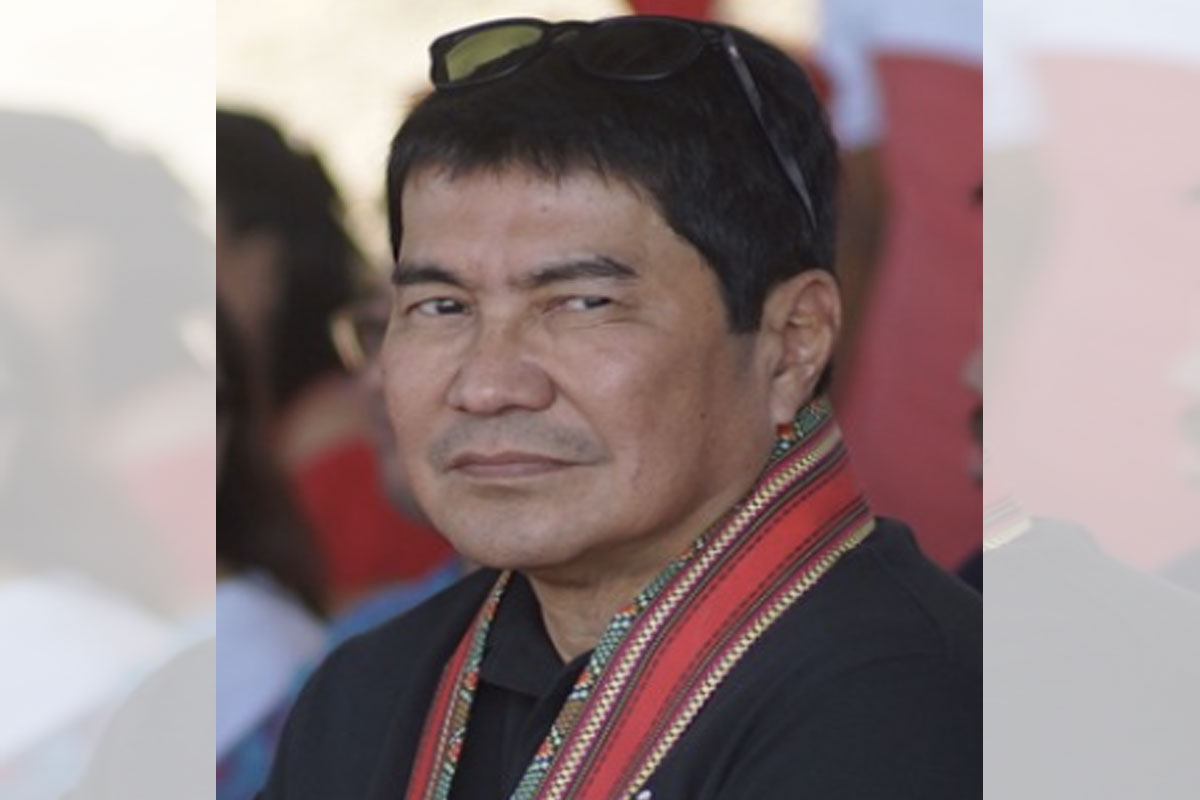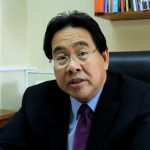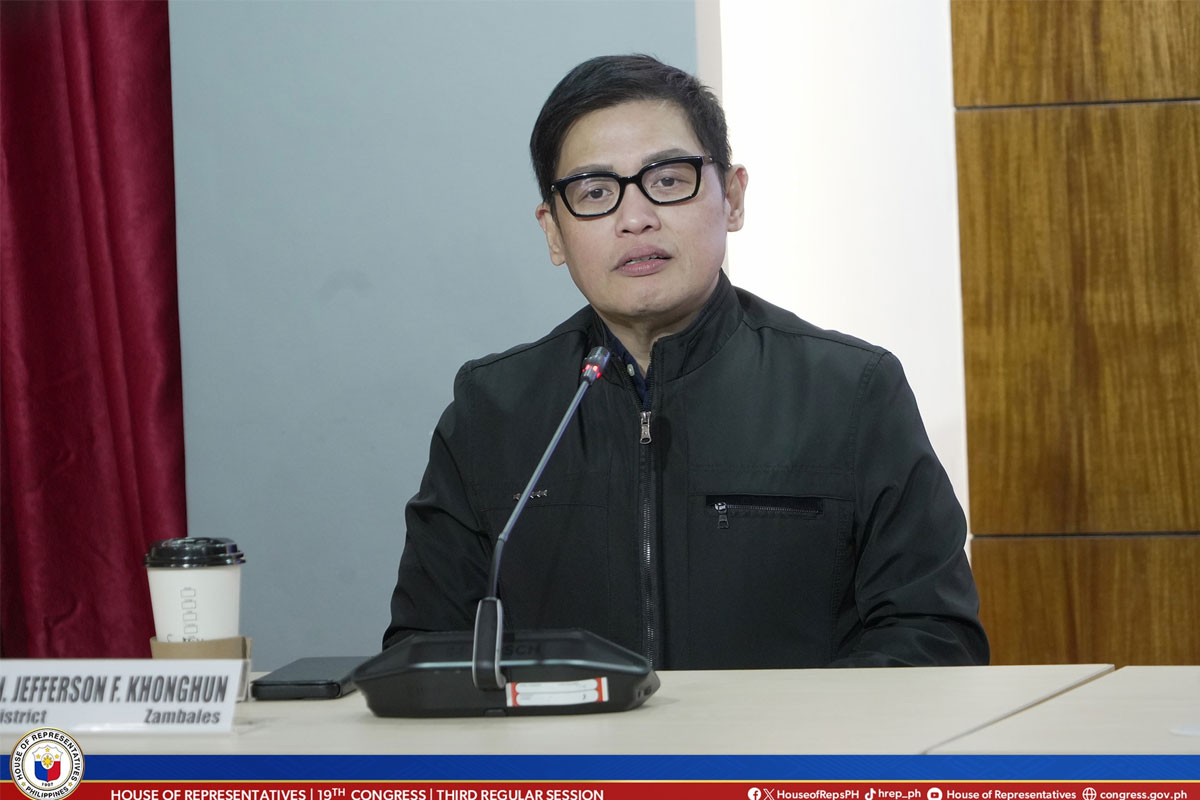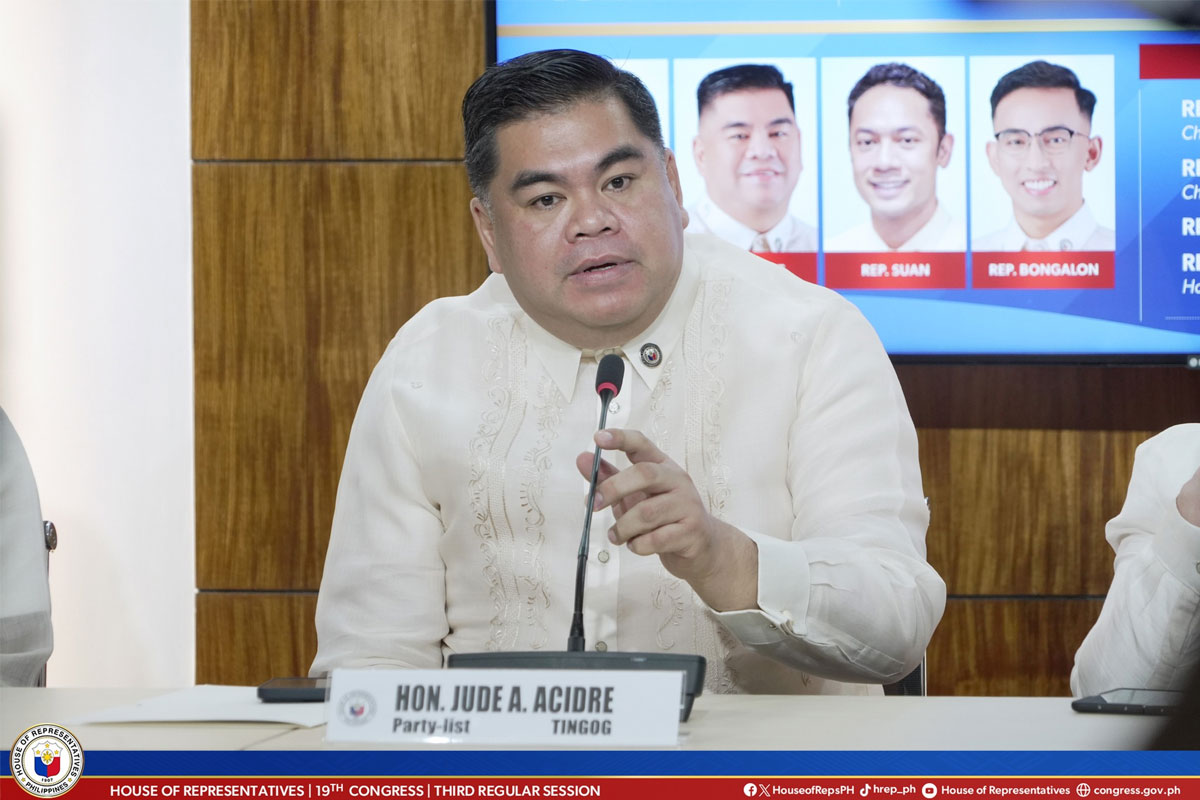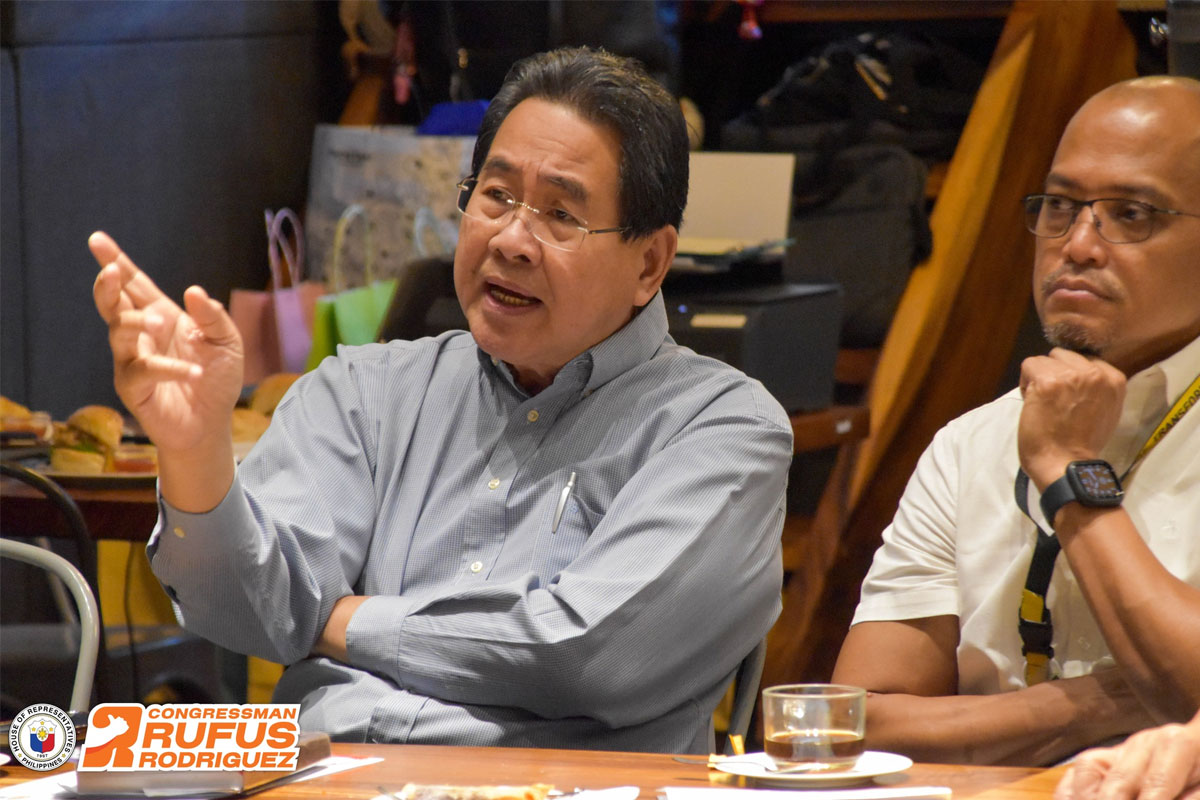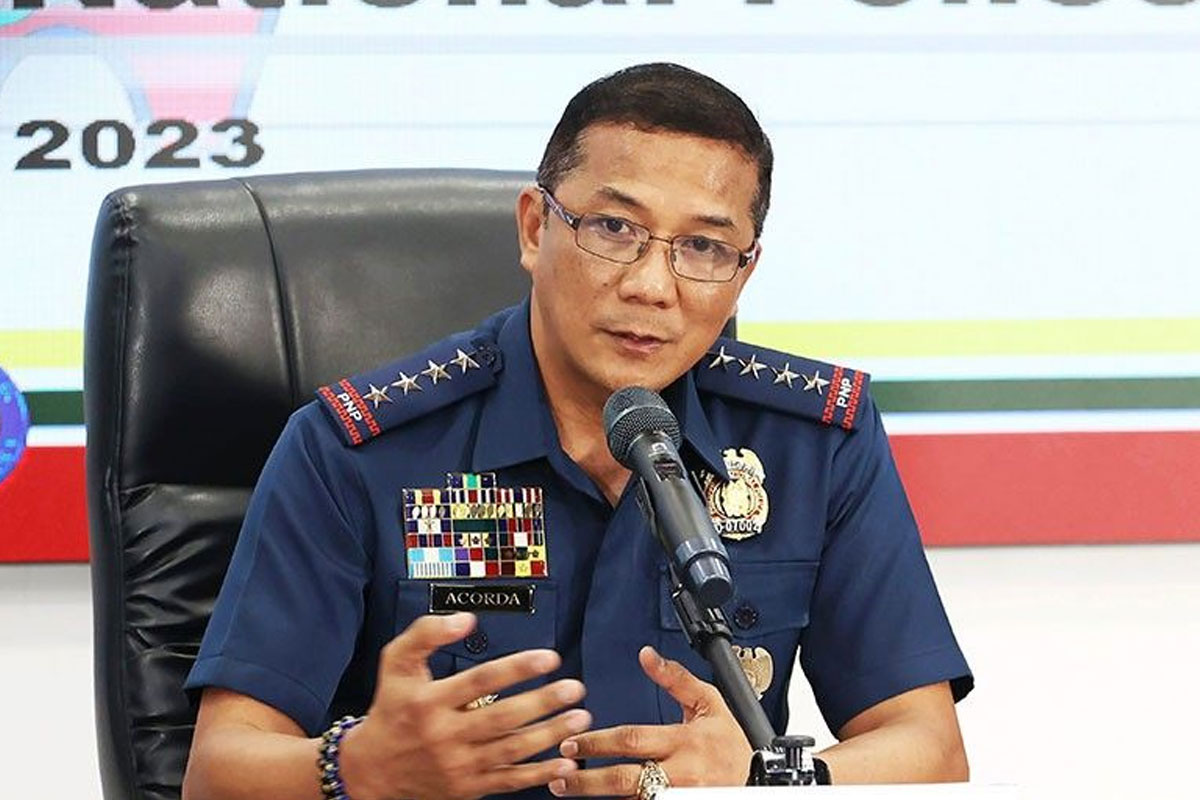 ACORDA
ACORDA
ACORDA DENIES ‘CENSORSHIP’
PHILIPPINE National Police chief General Benjamin C. Acorda Jr. on Monday said Camp Crame has not released any instruction to lower units to withhold the release of the identities of arrested suspects and their victims in police reports.
“There is no such order although our field commanders have been given the leeway to release reports without violating the freedom of information, without sacrificing the confidentiality of the records of the victims and the suspects and to protect their names without compromising future police operations,” the top cop told newsmen at Camp Crame at the end of a PNP Command Conference.
“There is no instruction to clip freedom of information,” he emphasized in front of all 17 Police Regional Office directors and the heads of the different National Operational and Administrative Support Units.
Some media organizations earlier questioned a new policy by some police units limiting the information and using mere ‘aliases’ of suspects in their press releases.
Citing the Data Privacy Act, some police officials in the countryside said they can no longer release the names of the victims and the suspects even in cases not involving rape and women and child abuse.
Some said that the media however can send formal request for information to the chiefs of police triggering complaints from press groups that it will impede the mandate of the media to deliver timely and accurate information.
The National Union of Journalists of the Philippines even expressed concern about the revised policy of the local police when it comes to releasing the real names of suspects and victims in crime incidents.
“We understand the importance of respecting the privacy and safety of individuals involved in these cases, but we believe it is equally vital to maintain transparency and accountability in law enforcement operations,” the group said.
“When the names of suspects and victims are consistently withheld, it can create an atmosphere of secrecy and mistrust, dismissing the PNP’s commitment to transparency and accountability to the public.
Withholding the names may also impede the community’s ability to assist authorities in their efforts to solve crimes or provide support to victims and their families,” the group added.
According to the same group, it is equally important that the guidelines and protocols should strike a balance between the need for privacy and the need for transparency.
“We also emphasized that it is the responsibility of the media, as a watchdog, to ensure accountability and transparency in law enforcement and public office. Through unbiased reporting, and access to public records, we hold police officers and public officials accountable for their actions to ensure fairness,” it said.







